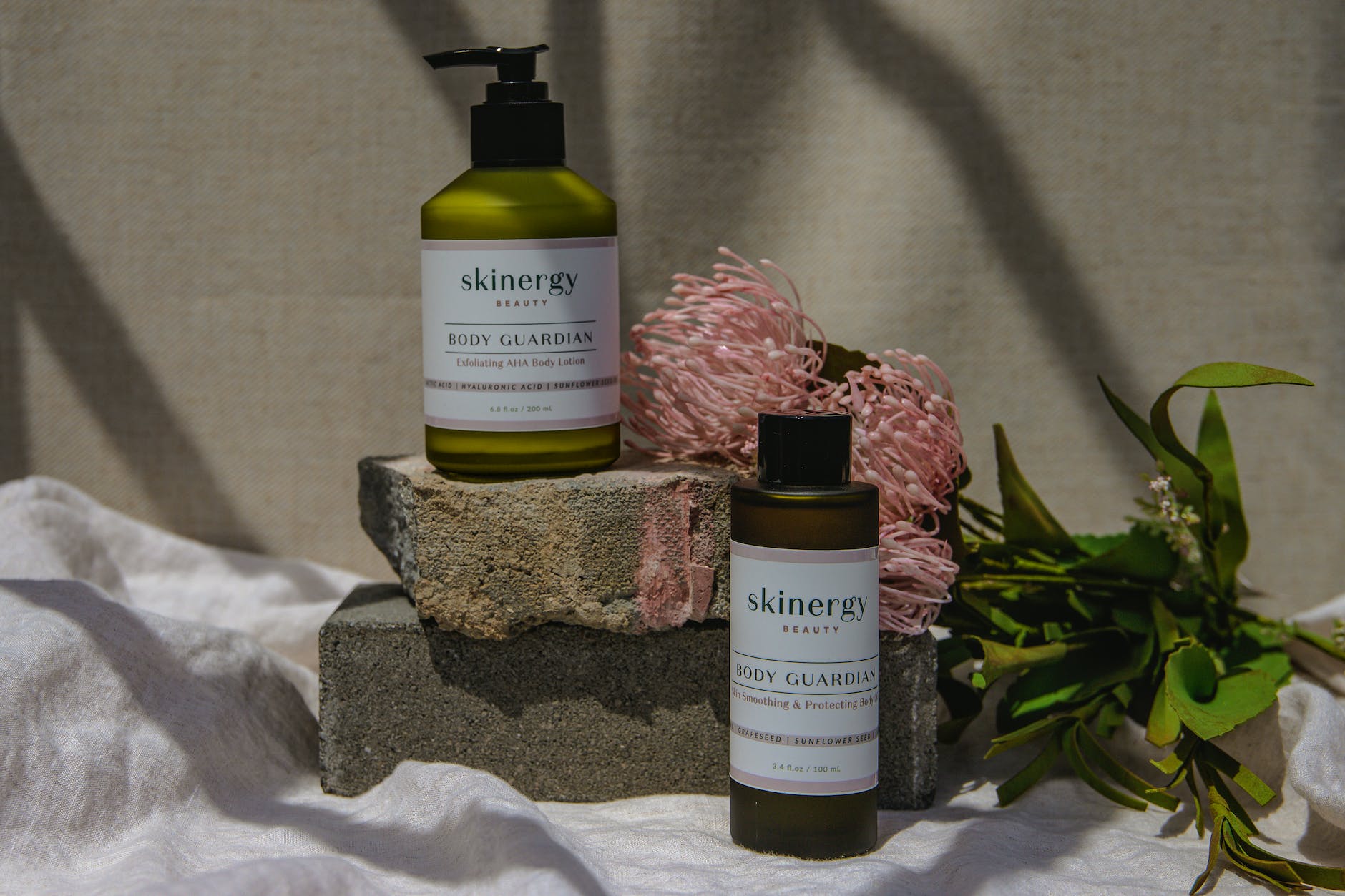Few things are more appealing to people who suffer from itchy or dry skin than having a warm shower, applying a soothing lotion, and crawling into their favorite bed linens. Moisturizing your skin on a regular basis can enhance its overall look and help ease some of the irritation associated with dry skin. It also makes every day feel like a spa day.
According to board-certified dermatologist Dr. Hadley King, the advantages of a decent lotion go beyond softening your skin: it’s crucial to help seal in moisture and strengthen the skin barrier. “An impaired barrier will leave the skin more vulnerable to damage, dryness, irritation, inflammation and infection,” the dermatologist explains.
How we picked the best body lotions
We consulted with board-certified dermatologists about why moisturizing is crucial and what to look for in a decent body lotion to help us pick the best body lotions. Many of our editors have also used these creams on their own skin. When purchasing for body creams, our experts advised considering the following factors:
Look for humectants like hyaluronic acid in the ingredients to keep the skin moisturized. According to our specialists, emollients like ceramides assist enhance skin texture, whilst occlusives like petroleum hold onto moisture and keep the skin from drying out.

Consider a body lotion that is appropriate for your skin type. If you have really dry skin, opt for heavier creams that are created with more oils to give moisture. If you have sensitive skin, avoid scents and other possible irritants such as dyes, whereas individuals with oily or acne-prone skin should go for lightweight, noncomedogenic moisturizers.
The top body lotions in 2024
With this professional advice in mind, we compiled a list of dermatologist-recommended lotions and creams to aid in the healing of dry skin.
This Select Wellness Award winner is recommended by Dr. Shoshana Marmon, a board-certified dermatologist and assistant professor at New York Medical College. It is created with hyaluronic acid and ceramides to repair dry skin.
La Roche-Posay Lipikar AP+M Triple Repair Body Moisturizer for Dry Skin
I’ve been using La Roche-Posay products for years and adore how soft they smell and how lightweight they are, offering deep hydration without leaving a greasy residue. Marmon suggests this French cosmetic company’s moisturizer, which contains ceramides, shea butter, glycerin, and niacinamide.
Vanicream isn’t a flashy new brand (it’s been around since the 1970s), but it’s a mainstay in the realm of skin and hair care. In fact, experts in our guide to the finest razor burn treatments, shave gels, face moisturizers, rosacea remedies, and shampoos for every hair type all recommend Vanicream’s mild, fragrance-free solutions. Marmon’s fragrance-free moisturizing lotion is a good alternative for nourishing your skin.

Amlactin Daily Moisturizing Lotion for Dry Skin
For dry skin, Marmon suggests Amlactin’s moisturizer. It is free of parabens and perfumes, and it hydrates the skin using humectants like glycerin. The lotion also includes 12% lactic acid, which the manufacturer claims is a potent humectant as well as a light exfoliation that can help with skin conditions like keratosis pilaris.
Eucerin Advanced Repair Body Lotion
According to the makers, this highly rated body lotion keeps skin hydrated for up to 48 hours. Ceramides, an emollient recommended by our specialists, are used in the composition to hydrate and prevent dryness. The fragrance-free Eucerin Advanced Repair Body Lotion has a 4.8-star average rating from over 25,215 Amazon reviews.
How to Buy Body Lotion
“Moisturizer is a catch-all term for something that hydrates the skin,” Marmon said. According to King, whether a product is offered as a lotion, cream, body butter, or a similar product (more on the differences below), it should contain humectants to hydrate the skin, emollients to strengthen the skin barrier, and occlusives to seal in moisture. Some lotions may also contain specialized compounds, such as “lactic acid to gently exfoliate rough or bumpy skin, or retinol for anti-aging,” she says.
Humectants are water-attracting substances. “Humectants like hyaluronic acid, glycerin and urea attract water from the environment to increase moisture in the skin,” Marmon said. “They need to be used along with the other components in order to retain the water content,” said King.
Emollients, also known as emollients, “help in skin barrier function, membrane fluidity and cell signaling leading to overall improvement in skin texture and appearance,” according to King. They moisturize the skin while filling up any gaps and fissures. Squalene, shea butter, fatty acids, and ceramides are examples of emollients found in moisturizers.
“Occlusives are oils and waxes that form an inert layer on the skin and physically block transepidermal water loss,” adds King, which allows the skin to retain moisture. Petrolatum (the major component in Vaseline or Aquaphor, for example), beeswax, mineral oil, silicones, lanolin, and zinc oxide are a few examples.
Marmon recommends avoiding moisturizers that include scent or are made with dyes or other possible irritants if you have rosacea or sensitive skin. She also advises shoppers to avoid parabens, sulfates, phthalates, synthetic colors, and alcohol.
“Look for a lightweight moisturizer or lotion labeled “non-comedogenic” or oil-free if you have oily or acne-prone skin.”
Dr. Shoshana Marmon is a board-certified dermatologist and Assistant Professor at New York Medical College in Brooklyn, New York.
.
